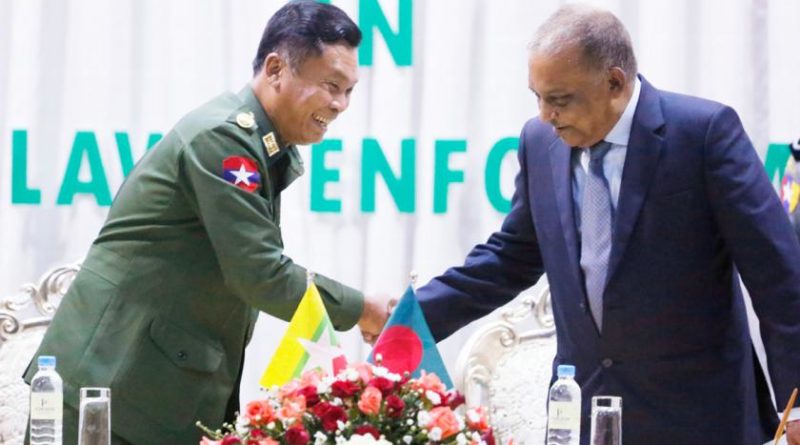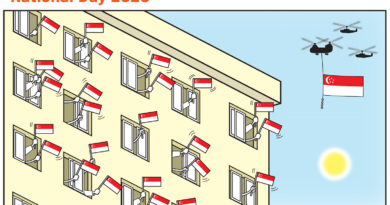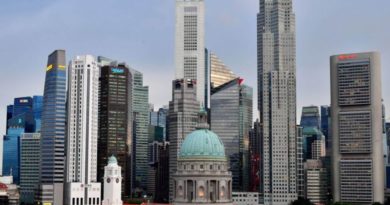Nay Pyi Taw: Plans to repatriate refugees agreed
Senior Myanmar and Bangladesh officials also agreed to “finalise a bilateral arrangement on the return of displaced persons from Rakhine State” by November.
“Myanmar affirms its commitment to immediately halt the outflow of Myanmar residents to Bangladesh, to restore normalcy in Rakhine, and to enable displaced Myanmar residents to return from Bangladesh at the earliest,” the two sides said in a joint statement issued after the end of the two-day meeting.
“They want to send them [‘Bengalis’] back very soon, but we need to form a joint working group to implement the repatriation process. So we mainly discussed implementing the process step-by-step,” said U Kyaw Zay Ya, head of Myanmar officials at the senior officials meeting that preceded the ministerial meeting.
Myanmar also asked Bangladesh to “hand over” suspected members of the Arakan Rohingya Salvation Army (ARSA) terrorist group that launched a string of attacks on Myanmar security outposts in Rakhine on August 25, which led to the current turmoil in the state.
“The Bangladeshi side assured that it never allows any armed group and terrorists to use her territory against her neighbours and will continue to cooperate with Myanmar against insurgents, militants and terrorists,” the statement said.
.
 A general view of Myanmar and Bangladesh delegates at the meeting in Nay Pyi Taw on October 24. Photo – EPA
A general view of Myanmar and Bangladesh delegates at the meeting in Nay Pyi Taw on October 24. Photo – EPA
.
At the meeting, Myanmar officials handed over the names of 688 members of ARSA believed to have fled to Bangladesh.
The ministerial meeting was held at the Ministry of Home Affairs in Nay Pyi Taw, and was attended senior Myanmar officials led by Lt. General Kyaw Swe of the Ministry of Home Affairs and a Bangladeshi delegation headed by Home Minister Asaduzzaman Khan.
It was supposed to finalise plans to restart the long-delayed voluntary repatriation of “Bengalis”, who are referred to as Rohingya by the international community. Three days before the meeting, U Zay Htay, director general of the State Counsellor’s office, said that a draft proposal from the Bangladeshi side would be finalised. Bangladeshi Prime Minister Sheikh Hasina said she would send her Home Minister to Myanmar to negotiate a solution to the refugee crisis.
The seven points mentioned in the joint statement were very general. Only one point referred to the refugee repatriation and verification process, saying it was agreed “to cooperate in the verification process, reintegration and return to their villages”.
Instead of the expected compromise, memorandums of understanding on security dialogue and on establishment of border liaison offices were signed by Myanmar and Bangladesh officials.
Matters discussed at the meeting centred on promoting bilateral cooperation on law enforcement and security in border areas between the two countries, on counter-terrorism, on establishment of border communication offices, on scrutiny of illegal border crossing, on immigration, national verification and acceptance, on anti-drug trafficking, and on systematic repatriation of people who fled from Myanmar to Bangladesh in accordance with prevailing procedures.
Repatriation would be discussed at the state level, said U Kyaw Zay Ya, without saying when the discussions would take place.
According to the United Nations, over 500,000 “Bengalis” have fled from Myanmar since August 25 to temporary camps in Cox’s Bazar, Bangladesh. Sheikh Hasina has asked the UN to put pressure on the Myanmar government to repatriate the refugees who fled to Bangladesh.
“It’s too early to accept [‘Bengalis’ back from Bangladesh],” Pol. Col. Aung Htay Myint head of the Transnational Crime Division, told reporters at the news conference after the ministerial meeting.
Myanmar officials have said they will accept the terms and conditions of the agreement that was signed by Myanmar and Bangladesh in 1993.
To tackle the issue of repatriating refugees, the 1993 agreement requires refugees to show evidence that they lived in Myanmar or evidence that they were born in Myanmar, swear they were not involved in terrorist attacks against the country, and that they are voluntarily returning to Myanmar.
“It will be carried out step-by-step. We cannot say if we will accept them. We have to accept the information of the Ministry of Labour, Immigration and Population about whether they lived in Buthidaung and Maungdaw townships, said U Tin Myint, permanent secretary of the Home Affairs Ministry.
Courtesy: Myanmar Times | 25 OCT 2017
>
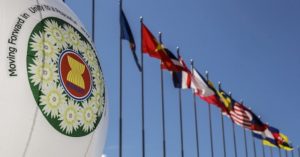
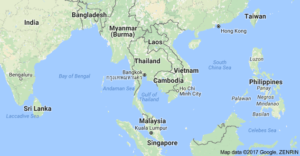
<>
NOTE : All photographs, news, editorials, opinions, information, data, others have been taken from the Internet ..aseanews.net | [email protected] |
For comments, Email to :
Aseanews.Net | [email protected] | Contributor

